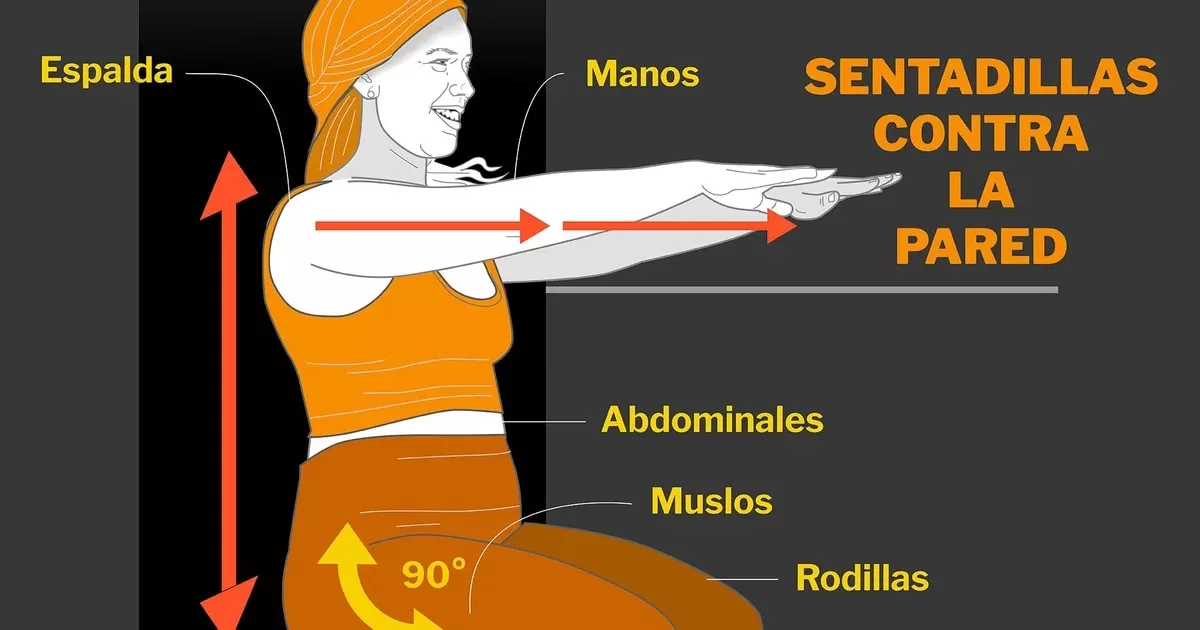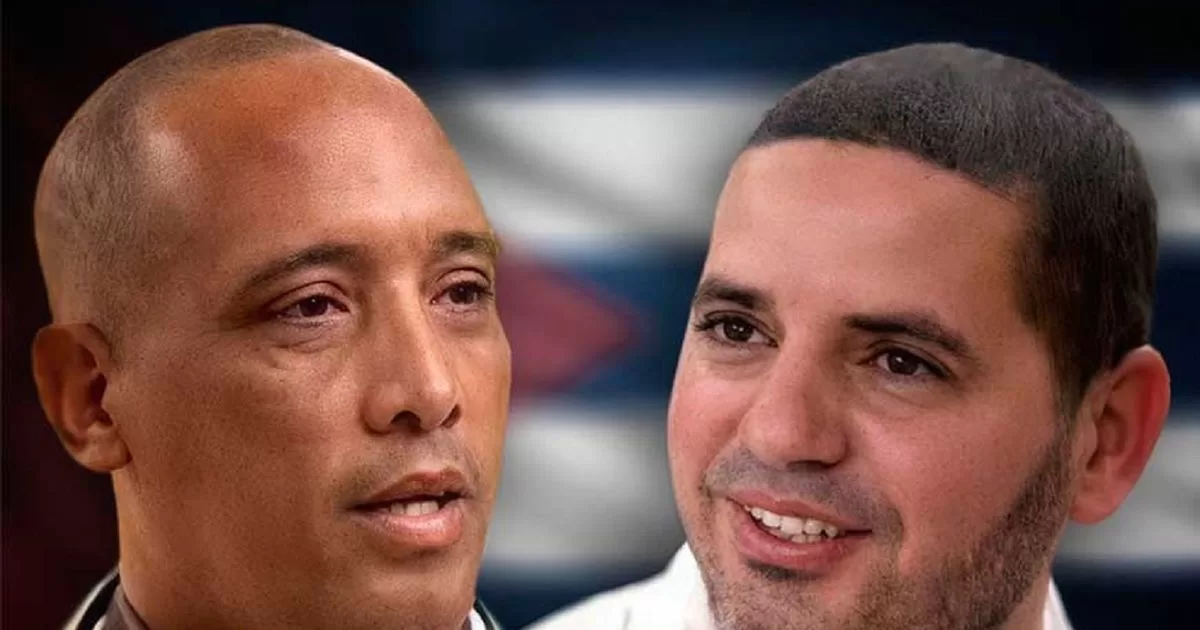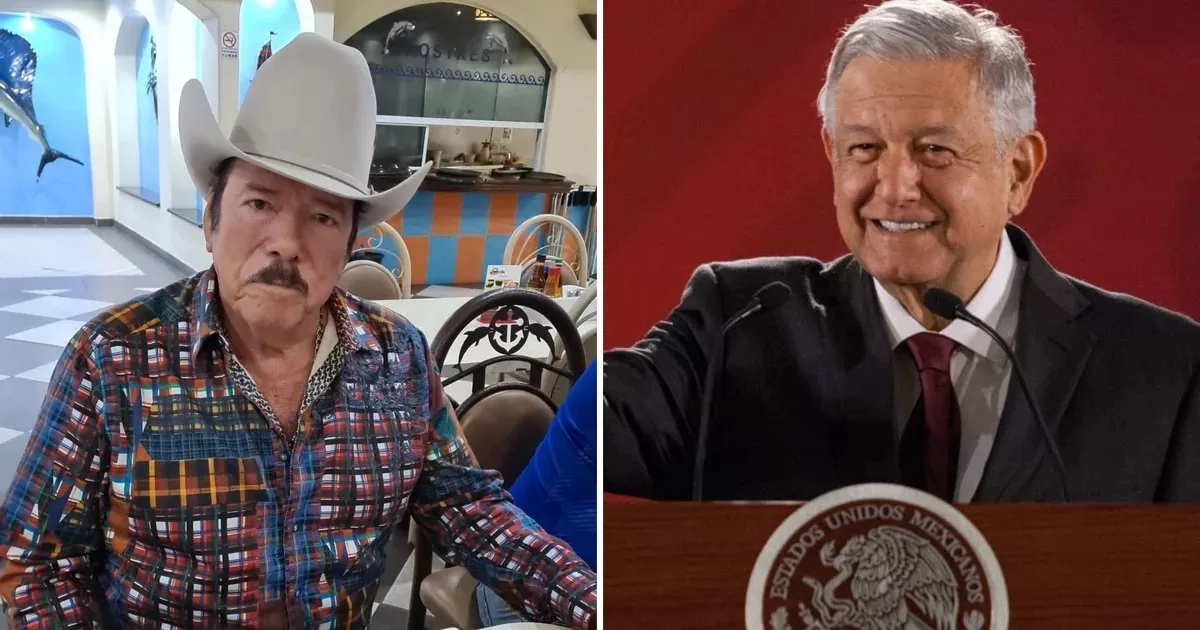As he turned in his hospital bed, Ibrahim Mohammed noticed that the patient had died next to him.
For days, the 25-year-old had to wait next to the dead man in the clinic in Khartoum. Because the violence in Sudan does not stop at hospitals, the health system is collapsing.
“Because of the fierce fighting, the body could not be taken away and buried,” says Mohammed’s father, Mohammed Ibrahim, who accompanied his leukemia-stricken son in the hospital.
Decaying corpses are kept on the wards because there is no other way to house them.
Attija Abdullah, Sudan Medical Association
“We could either stay in the smelly room or go outside where we would have been shot,” says the 62-year-old. Bombs went off outside, the power went out inside, and the heat and stench became unbearable.
“Complete collapse of the health system”
Since April 15, rival generals Abdel Fattah al-Burhan and Mohammed Hamdan Daglo and their troops have turned Khartoum into a war zone.
Hundreds of people were killed, thousands injured. But although they are needed more urgently than ever, hospitals have to close and doctors are prevented from doing their work. Even the dead are often no longer cared for.
The morgues are overcrowded and the streets are littered with corpses.
Attija Abdullah, Sudan Medical Association
“Decomposing corpses are kept in the wards because there is no other way to house them,” said Attija Abdullah, secretary-general of the Sudan Medical Association.
“The morgues are overcrowded and the streets are littered with corpses,” Abdullah continues. The fighting led to the “complete collapse of the healthcare system,” says Abdullah.
13 hospitals attacked, 19 others evacuated
After three days without food, water and electricity, the father and son were finally able to leave the Khartoum Teaching Hospital early Tuesday afternoon.
But they still weren’t safe. “The hospital was shot at, there was fighting right in front of it,” says Ibrahim.
And the clinic in Khartoum is not the only one: According to information from the Medical Association, 13 hospitals across the country were attacked and 19 others were evacuated. The World Health Organization (WHO) reports at least eight deaths from attacks on health facilities.
Almost three quarters of clinics in Sudan closed
When the fighting reaches clinics, the doctors face a difficult decision. “We feel compelled to let the patients go,” says association chief Abdullah. “If they stay, they would be killed.”
70
percent of the hospitals in the Sudanese capital Khartoum are said to be out of order.
Ibrahim managed to protect his sick son from the crossfire. The two walked five hours to get home.
“My son has been worse since then,” says the father. But he can’t go back to a hospital, almost three quarters of the clinics are now closed, the others only offer emergency services.
“I just want all of this to stop so I can take my son to treatment,” says Ibrahim.
Advice on how to deal with decomposing bodies is shared on Facebook
The few remaining hospitals mainly treated gunshot wounds, says Abdullah.
“But they don’t have enough surgical equipment, not enough fuel for the generators, not enough ambulances and blood. They can be closed at any time.”
In some hospitals, the same team has been working continuously for eight days.
Attija Abdullah, Sudan Medical Association
And the doctors and nurses are at the end of their strength. “In some hospitals, the same team has been working continuously for eight days,” says Abdullah. “Some only have one surgeon. Everyone is extremely exhausted.”
Many injured will die because doctors cannot come to them.
On social media, Sudanese are desperately trying to find medicine for chronically ill relatives. And the Medical Association gives advice on Facebook for dealing with decomposing corpses. (AFP)




